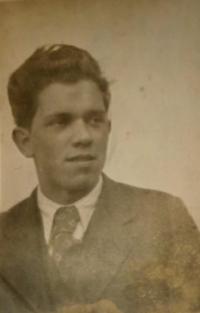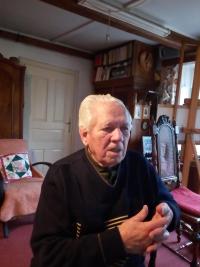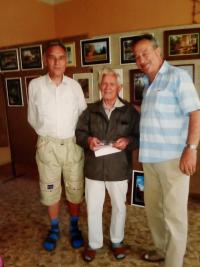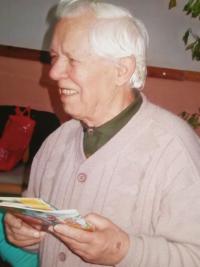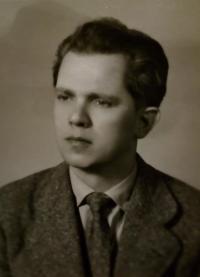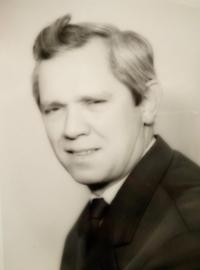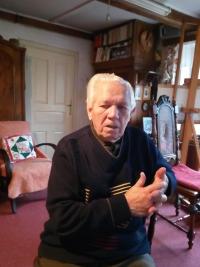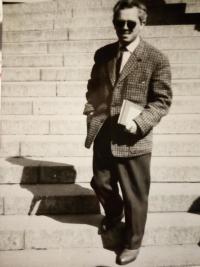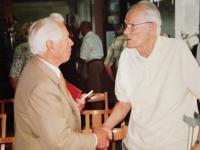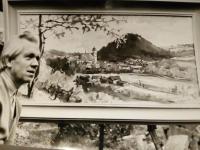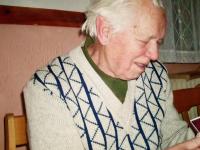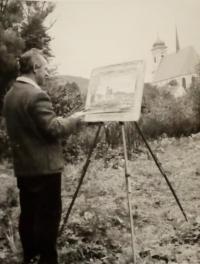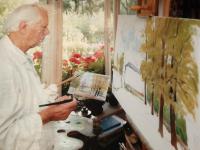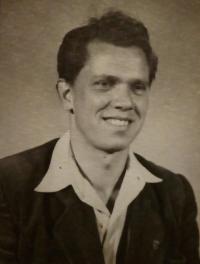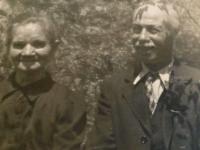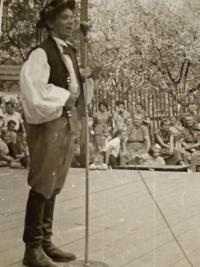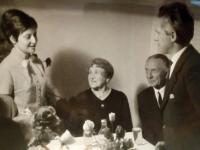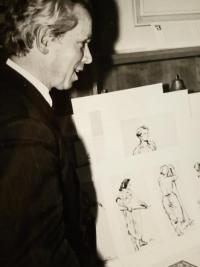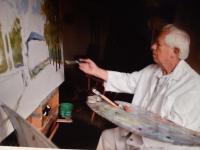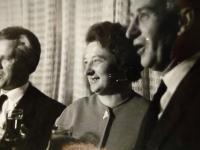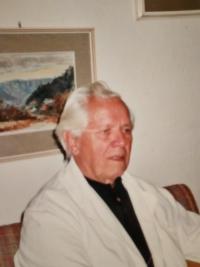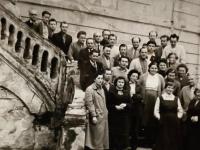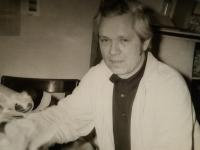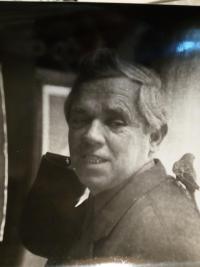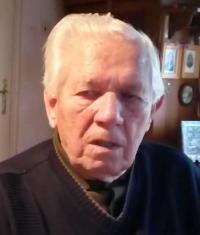I am a great optimist and I do not worry about anything

Stáhnout obrázek
Stanislav Bělík was born on October 29, 1919 in Tišnov. His father worked as a weaver, and when his craft became extinct, he started working for factory owner Jan Kopřiva in the paper mill in the village Prudká. Stanislav‘s mother came from a family of a shoemaker. Stanislav learnt the machine fitter‘s trade, even though he actually had a great interest in fine arts. His family did not have the means to be able to finance his studies. When he began working and having his own income, Stanislav applied for evening classes at an art academy in Brno. However, his initial study of painting became interrupted during the Second World War when he was sent to do forced labour in Sankt Pölten in Austria. He worked as a machinist in a factory which produced synthetic fibres for parachutes. The work discipline there was very strict and every mistake was punished. Stanislav spent two years doing forced labour. In his spare time he enjoyed trips to the mountains where he was painting the surroundings. In 1945 after an air raid on the factory he and his friends decided that they would run away and go home. At night they secretly left the factory and they set out on their journey. Although Stanislav successfully passed the entrance examinations for the Academy of Arts in Prague, he was not admitted due to a large number of applicants. Stanislav therefore worked as a draughtsman and only in 1956-1960 he did a distance study of painting in Prague. Until his retirement he worked as a company artist in the Tesla company in Brno where he spent twenty years. At present he is nearly blind and he cannot enjoy painting anymore.
